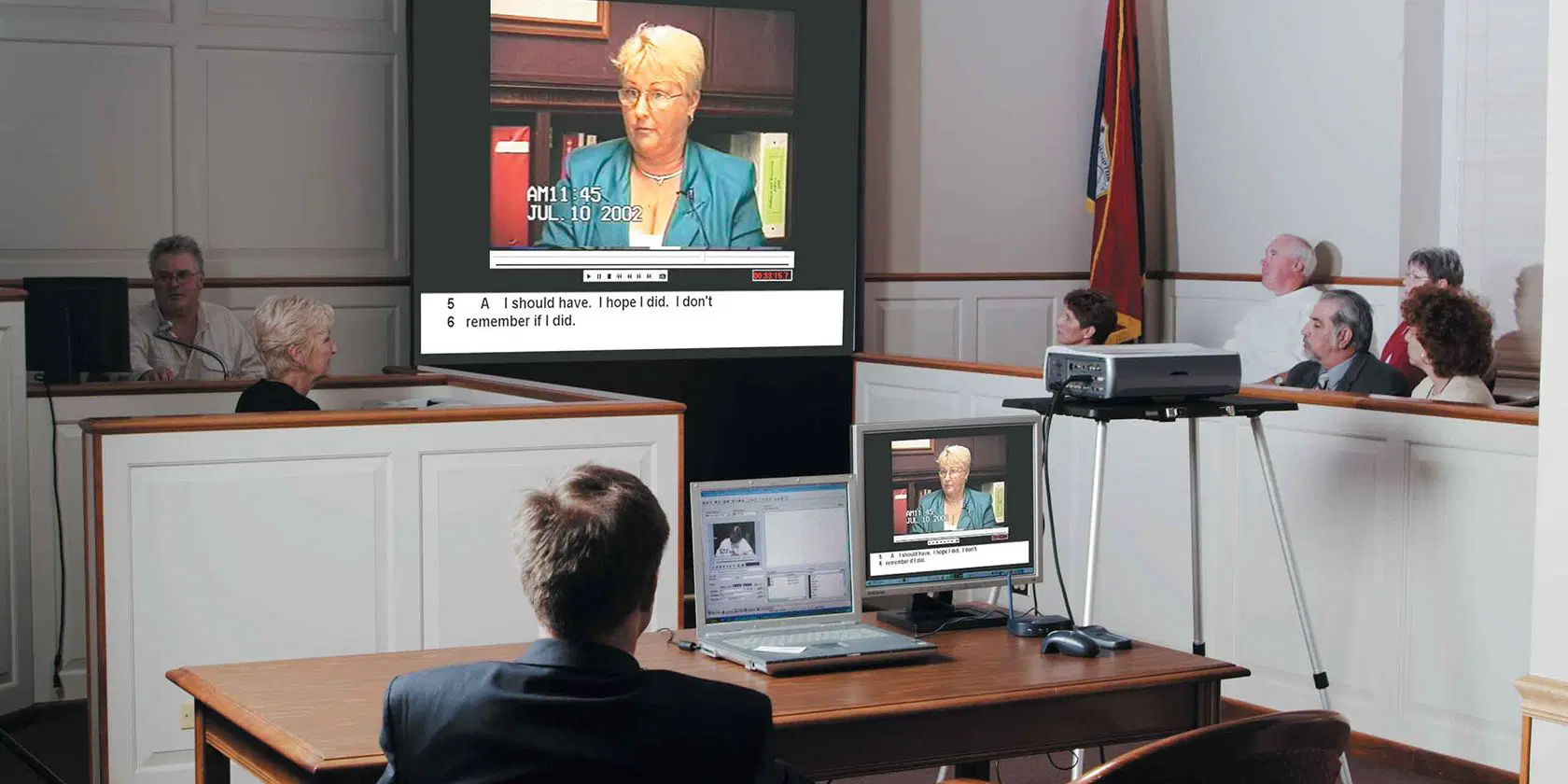Just How Trial Presentations Enhance Your Argument and Persuade Jurors
Trial discussions serve as a crucial system for enhancing legal disagreements and convincing jurors. The critical use of visuals not just clears up intricate info yet also records jurors' attention a lot more effectively than words alone.

Relevance of Visual Help
Aesthetic help play a critical duty in improving the performance of trial presentations, as they can dramatically increase target market interaction and retention of info. In the context of a test, where jurors are tasked with handling complicated info, visual help offer to simplify and make clear crucial points. Charts, charts, and photos can convey information and concepts that might otherwise bewilder or confuse jurors, enabling a more uncomplicated understanding of the evidence offered.
Furthermore, aesthetic aids assist in maintaining juror interest throughout the process. By breaking the uniformity of verbal statement, these devices can punctuate essential arguments, making them a lot more memorable. Effective aesthetic help can also stimulate psychological reactions, which can be essential in persuading jurors to line up with the speaker's story.

Crafting Engaging Narratives
A compelling story is vital in trial discussions, as it acts as the backbone of efficient persuasion. It permits attorneys to weave together realities, evidence, and psychological aspects right into a meaningful story that reverberates with jurors. This narrative structure makes it possible for jurors to recognize the intricacies of the case while directing them via the lawyer's debate.
To craft an engaging story, attorneys ought to focus on clearness and coherence. Additionally, the use of vibrant descriptions can create psychological photos that aid jurors picture the occasions, making the narrative more unforgettable.
Additionally, incorporating crucial motifs throughout the presentation reinforces the core message and aids in retention - trial presentations. The story must not only convey information yet likewise stimulate a feeling of justice, highlighting the risks involved. Ultimately, a well-constructed story cultivates a link in between the jurors and the situation, positioning the lawyer's disagreement as both legitimate and engaging, therefore raising the likelihood of a beneficial verdict

Involving the Jury Mentally
Efficient court engagement hinges on the lawyer's capacity to attach with jurors on a psychological level. This connection can dramatically affect jurors' understandings and their ultimate decision-making.
Aesthetic aids, such as why not find out more photographs or videos, can better enhance emotional involvement, providing jurors with vibrant representations of the case's human components. Crafting a narrative that highlights the battles and victories of the individuals entailed makes certain that jurors see past the legal arguments and acknowledge the human repercussions of their choices.
Furthermore, tone and body language play an essential duty in conveying feeling. An attorney's enthusiastic delivery can reverberate with jurors, reinforcing their emotional investment in the situation. It's necessary to stabilize sob stories with valid proof, making certain that jurors really feel urged to act while continuing to be based in the fact. Inevitably, a psychologically involved court is more probable to be convinced, making emotional link a vital element of reliable trial presentations.
Structuring Your Presentation

The body of Going Here the presentation should be practically segmented into bottom lines, each supported by engaging proof. It is beneficial to use storytelling techniques to weave facts into a narrative that jurors can conveniently comply with. Aesthetic aids, such as graphes and videos, can boost comprehension and involvement, aiding to highlight important pieces of proof.
Real-World Case Research Studies
Analyzing real-world case researches supplies very useful insights into the art of trial presentations and persuasion. The protection team properly utilized a technique that combined prominent expert testaments with multimedia presentations, which mesmerized jurors and inevitably affected their choice.
One more significant instance is the "McDonald's Coffee Instance," where the complainant's attorneys used visuals images of the injuries received by Stella Liebeck. trial presentations. This plain aesthetic evidence played a critical function in sharing the seriousness of her burns, causing a substantial court honor. Such situations demonstrate that impactful trial discussions typically rest on the effective combination of visuals and narration to evoke emotional feedbacks from jurors
Additionally, the "Casey Anthony Test" highlighted the importance of narrative coherence and reliability. The prosecution's failure to develop an engaging timeline reduced their convincing power, underscoring the necessity of a well-structured discussion. Evaluating these cases exposes that effective test discussions need strategic preparation, psychological interaction, and the ability to reverberate with jurors' worths and beliefs.
Verdict
Test discussions dramatically improve arguments and encourage jurors with the tactical use aesthetic aids, engaging narratives, and psychological interaction. By simplifying complicated information and cultivating connections with the target market, these components produce a remarkable and impactful experience. A well-structured discussion balances psychological appeals with factual Bonuses proof, ultimately reverberating with jurors' values. The assimilation of these methods not just influences decision-making yet additionally emphasizes the relevance of efficient interaction in the courtroom.